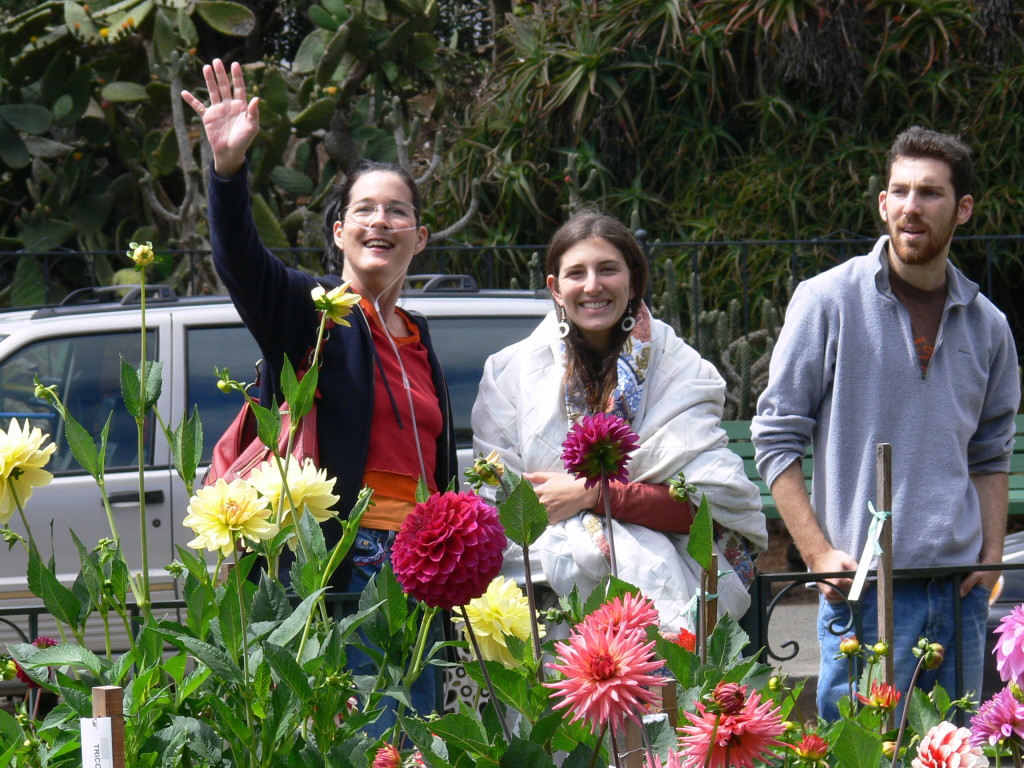Terrorism. Roast turkey with stuffing. Refugees. Sweet potatoes with marshmallows. Fear. Trust. Violence. Kindness. We need Thanksgiving more than ever. But who gets the invite and who doesn’t?
A few years back, my dear friend Bettina was having health issues and emailed: “I know this is incredibly presumptuous and Miss Manners would be scandalized, but I’m wrangling for an invitation for Thanksgiving.” (Yes, she actually wrote that.)
I couldn’t believe she assumed she’d crossed the line by saying, “I’m not feeling well and I don’t want to be alone. Can I come over?” I called immediately and gave her top marks for asking for what she needed. She was relieved knowing she’d done the right thing by speaking up.
Most of us are quicker to stand up for others than for ourselves. On some level we must believe it’s a sign of weakness to ask for support. But where does that foolishness come from? Not long ago I asked a bunch of 6th-8th graders to rate themselves on two statements: “It’s easy for me to ask for help” and “I lie and pretend things are OK when they aren’t.” The results? Twenty-five percent of the kids said it was “never or almost never” easy to ask for help. Another 25 percent reported that “sometimes” they had trouble asking for help. Another sad finding: A whopping 83 percent admitted that “sometimes, always, or almost always” they fudge the truth and pretend things are OK when they aren’t.
An inability to ask for help, coupled with a habit of pretending things are fine when they’re not, is unhealthy. When we deny our human need to connect heart-to-heart we short-change ourselves and the people who love us.
Teaching kids to be good people includes helping them get comfortable asking for support. Sure, self-reliance is essential, so is resilience and learning to calm yourself when stressed. But inner resources aside, we all feel vulnerable at times. We are also interdependent. When we let people know how we feel and allow them to love us and help us, we honor our humanity. We do the same when we welcome others to our table, our classroom, our community.
When Bettina reached out to me, I was filled with love for her. I wanted to help, but our family was heading out of town for Thanksgiving. With my encouragement she confidently expressed her needs to another friend who gladly opened his heart and home. What would surely have been a sad and lonely day for her turned into a wonderful experience of friendship and a sense of belonging.
Less than two years later Bettina died. I’m comforted knowing she wasn’t alone that Thanksgiving. I admired her courage in reaching out and asking for what she needed. She taught me a powerful lesson: When it comes to friends and family, hold nothing back. Allow yourself to love and be loved fully, without limits.
Happy Holidays, from our family to yours.












